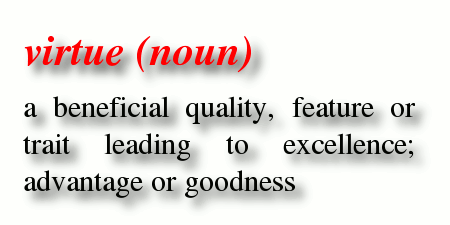Many people look at the mammoth debt that this country has accumulated and the budget deficit that caused it and say that it is our biggest problem. It isn’t. As serious as that problem may be, a deficit of another kind is far more serious.
There is a human quality, call it “X”, that requires, when we pledge to support and defend something, like, say, the United States Constitution, that we actually do two things. The first is that we know what we are pledging to support and defend by, perhaps, reading and studying it. Surely, anyone making such a pledge would do that, wouldn’t they? The second thing that “X” requires is that they honor their word and actually do that which they pledged to do. No one would find that expectation unreasonable, would they?
All United States Congress members, when they take the oath of office, pledge to support and defend the Constitution of the United States of America against all enemies, both foreign and domestic, and I believe that, as of the day that they take the oath and make the pledge, many, if not most, have not actually read that which is the subject of their pledge. Moreover, I believe that most of those never will. Why do I believe that? Because I have observed their actions. Much of what our federal government does today is not authorized by the Constitution, and laws enabling those things are clearly unconstitutional and, therefore, illegal and immoral, yet where is expressed the outrage of those sworn to protect it? Where?
For example, the all-pervasive, all-invasive, job-killing Environmental Protection Agency, or EPA, a huge and expensive bureaucracy that affects the lives of every American in so many ways and gives radical environmentalists the power to cripple entire industries, was not created by law and was never voted upon or approved by Congress. It was, rather, created by a fraction of a penny’s worth of ink from President Richard Nixon’s pen when he signed the Executive Order that brought it into existence. Try to find in the Constitution the authority for a president to do that, and you will be in for a bout with frustration, yet do you hear any Congress members standing up and complaining that the EPA’s existence represents an unconstitutional usurpation, by the Executive Branch, of the authority granted to Congress by the Constitution?
The Constitution’s Commerce Clause was clearly not intended to allow the government to do most of what it does under the phantom authority read into it by radical activist judges. And, when I say “clearly”, I mean crystal clear, without a shadow of a doubt, and with absolutely no room for argument, so, if I am correct, how did this happen?
Today, our Congress consists of 535 members, all of whom took the oath and made the pledge, but how many of those have you seen to stand in front of a camera and actually defend the Constitution by saying that even one of all of those laws was unconstitutional? How many have you seen to say that the federal government, aided by a compliant court system, has wildly exceeded its constitutional authority? It is true that there are some members of Congress who seem to actually respect, and maybe even revere, the Constitution, but, sadly their numbers are so few that, if you were to use fingers and toes to count them, you would not have to remove a single shoe, even if you had previously lost a finger or two in some accident or other.
No, the main governmental problem with this country is not a monetary deficiency, but one of another kind – a deficiency in “X” within that body of representatives that we elect to act upon our behalf. The real deficit, the most important one, the one that caused the monetary deficit and the huge national debt, the one that threatens the survival of this great republici, is the one that exists, not within the Treasury Department, but within the United States Congress.
It is a deficit in “X” – a deficit in character.
Jere Moore has been blogging about political matters since 2008. His posts include commentary about current news items, conservative opinion pieces, satirical articles, stories that illustrate conservative principles, and posts about history, rights, and economics.
